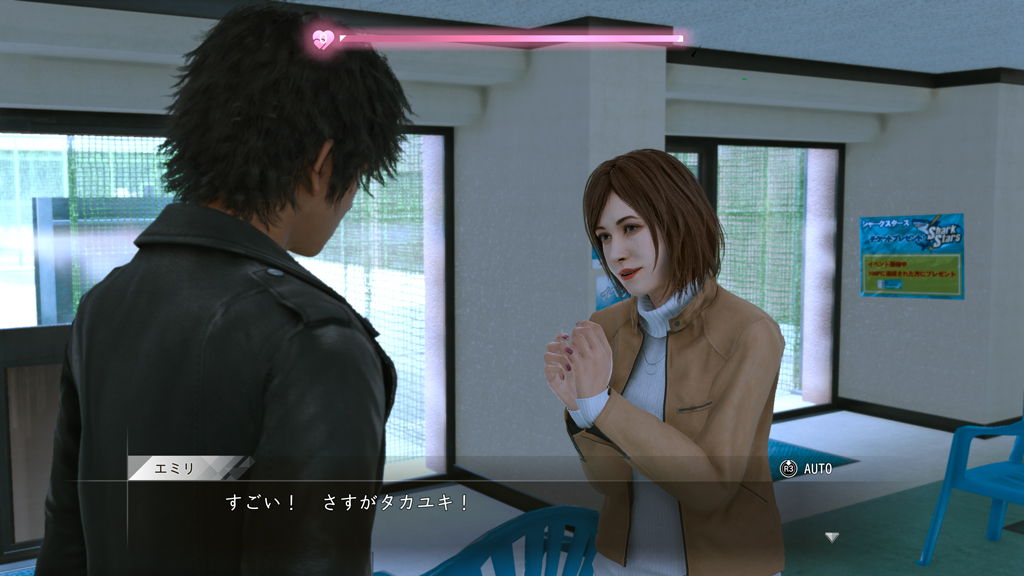

"In April, the revenues of the overwhelming majority of companies in Russia took a hit," Andrei Grachev, head of tax practice at Birch Legal, told The Bell, an independent Russian business website. Inflation meanwhile hit 17.8 percent year-on-year in April, the highest for 20 years.Īnd revenues from domestic value-added or sales tax collapsed by more than a half in April, VAT fees on imported goods dropping by a third compared to the same month in 2021. Strict capital controls, high energy prices and a collapse in imports have led to a surge in the ruble, prompting Russia's central bank to slash its key rate last week in a bid to rein in the currency. Now almost 100 days into the conflict, officials and ordinary Russians are reporting a litany of problems, including shortages of everything from paper to medicine.Īuthorities have stopped releasing key data, making it difficult to assess the impact of sanctions.īut the few available economic indicators point to significant problems. VAT points to spending drop -īut Russia is heavily reliant on imports of everything from manufacturing equipment to consumer goods, and economists believe the worst effects of the sanctions are still to come. Officials say the damage from sanctions will be temporary, with the economy expected to shrink by eight percent this year and then bounce back to growth in 2024.

President Vladimir Putin has been defiant in the face of Western sanctions, insisting that the Russian economy will emerge stronger, and pointing to "chaotic measures" in Europe that have boosted global energy prices. "People who have foreign cars are worried, they are wondering what to do in the future," he said.įaced with a shortage of imported parts in factories, authorities eased safety and emission standards for locally produced cars in May - including dropping the requirement for airbags. At some point, there won't be anything left," said Ivan, who declined to give his last name when speaking to international media. The foreign parts he needs to fix his clients' cars are getting harder to find, and prices have jumped by at least 30 percent after many brands halted exports to Russia.


 0 kommentar(er)
0 kommentar(er)
